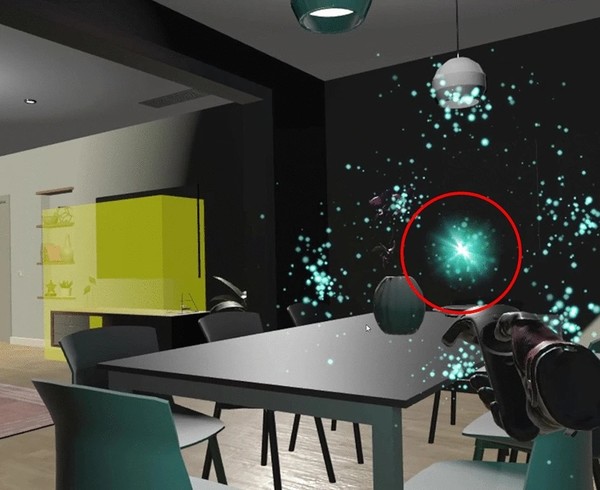A team of researchers at Korea University Ansan Hospital (KUAH) has proved that subjective chronic tinnitus symptoms can be alleviated through virtual reality (VR) treatment.

Tinnitus is the subjective feeling of noise in the ear without external auditory stimulation, known to occur in 10 percent of people worldwide. Severe tinnitus leads to mood disorders and decreased concentration, affecting the patient's quality of life and impacting them socially and economically.
The research team, led by Professor Choi June, conducted a VR treatment program on 19 patients of 33-to-64 years of age complaining of chronic subjective tinnitus for more than three months. In addition, they evaluated the possibility of tinnitus treatment using VR. They published the results in "A clinical trial of patient-specific virtual reality intervention for tinnitus" in a recent issue of the Scientific Reports.

In the trial, subjects repeatedly caught an “avatar” that made tinnitus sounds in four different virtual environments, including a bedroom, living room, and a restaurant, and moved it to a designated place in one to two weeks. Consequently, 12 out of 19 patients reported an improved Tinnitus Handicap Inventory (THI). In addition, it decreased Pittsburg Sleep Quality Index (PSQI), suggesting that this method is effective in relieving symptoms, according to the hospital.
Additionally, the participants' electroencephalogram (EEG) captured increased activity in a specific area of the brain compared to before the program. Subsequently, this indicates that a follow-up study should be conducted to investigate how the brain might be responsible for causing tinnitus, the hospital said.
"Virtual reality has recently been used in many clinical sites because it can efficiently implement situations difficult to set up in the actual environment," Professor Choi said. "I'm pleased that the joint research with lead researcher Park Dong-heun, and Professors Kim Ki-bum and Kim Sung-kwon of Hanyang University has yielded good results, a stepping stone toward developing various treatment methods using VR for chronic tinnitus patients."

